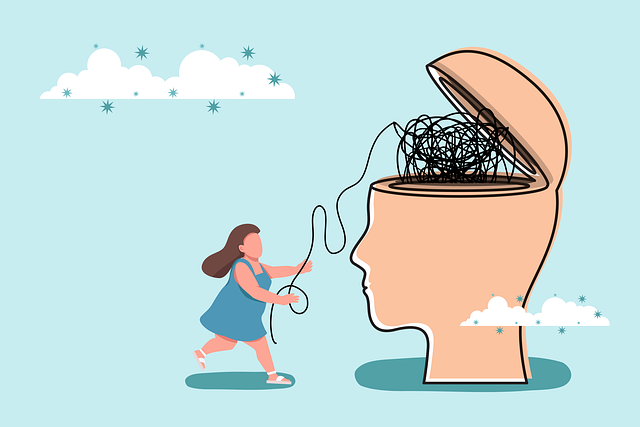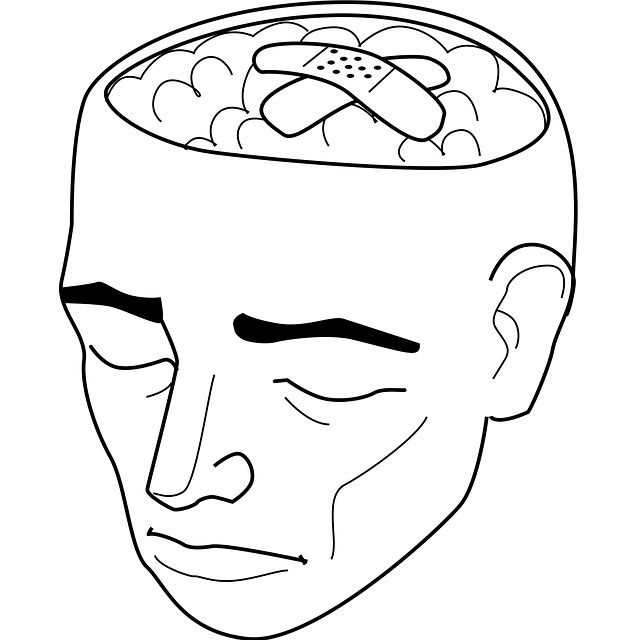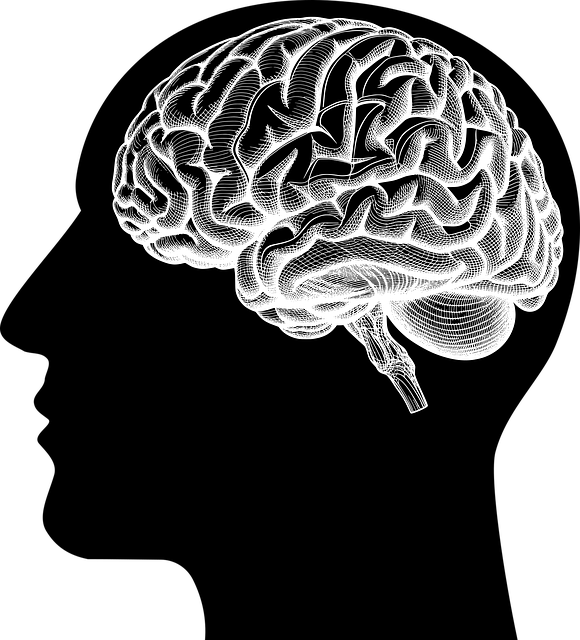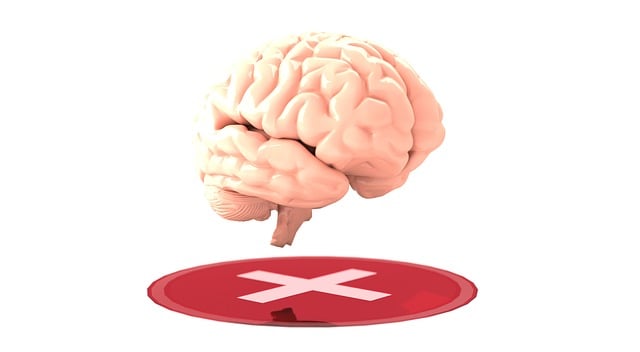Achieving emotional balance and well-being requires understanding and managing mood regulation, influenced by environmental factors, thoughts, and past experiences. Centennial Drug Abuse, prevalent among younger generations, poses a complex challenge, impacting mood regulation and potentially leading to disorders like depression and anxiety. Evidence-based therapy approaches like CBT and MI, integrated into Centennial Drug Abuse-Substance Abuse Therapy, empower individuals to identify negative thought patterns, strengthen motivation for behavior change, and lead healthier lives. A holistic approach combining physical health, mindfulness, and social connections is key to effective mood regulation, with lifestyle modifications and practices like yoga and meditation significantly impacting emotional state. Long-term mood stability requires Centennial Drug Abuse-Substance Abuse Therapy, mental wellness coaching, self-awareness exercises, and ongoing self-reflection to proactively navigate life's challenges.
Mood regulation strategies are essential in maintaining emotional balance and overall wellbeing. This comprehensive guide explores various approaches to managing mood, focusing on both traditional and holistic methods. We delve into the impact of centennial drug abuse and substance abuse therapy, offering insights into evidence-based practices. From lifestyle modifications to long-term strategies, learn how to navigate emotional challenges effectively. Discover practical tips to restore and sustain mood stability in today’s world.
- Understanding Mood Regulation: Unraveling Emotional Balance
- Centennial Drug Abuse and Its Impact on Mood
- Evidence-Based Therapy Approaches for Substance Abuse
- Lifestyle Modifications: A Holistic Approach to Wellbeing
- Long-Term Strategies for Sustaining Mood Stability
Understanding Mood Regulation: Unraveling Emotional Balance

Understanding Mood Regulation is a pivotal step towards achieving emotional balance and overall well-being. It involves recognizing and managing our internal states, ensuring we maintain a healthy relationship with our feelings. Moods are not static; they ebb and flow based on various factors like environment, thoughts, and past experiences. By understanding these dynamics, individuals can develop effective strategies to navigate and regulate their emotional landscape.
Centennial Drug Abuse-Substance Abuse Therapy often emphasizes the importance of mood regulation as a core component of recovery. Techniques such as mindfulness, cognitive behavioral therapy (CBT), and stress management workshops are instrumental in preventing burnout and promoting self-esteem improvement. These tools empower individuals to recognize triggers, challenge negative thought patterns, and cultivate healthy coping mechanisms, thereby fostering better emotional resilience and overall mental health.
Centennial Drug Abuse and Its Impact on Mood

Centennial Drug Abuse, characterized by excessive and prolonged substance use, significantly impacts mood regulation. This modern-day phenomenon, often referred to as ‘centennial’ due to its prevalence among younger generations, poses a complex challenge for mental health professionals. The pervasiveness of drug abuse within today’s society necessitates a thorough understanding of its effects on an individual’s emotional state. When left unaddressed, Centennial Drug Abuse can lead to severe mood disorders, including depression and anxiety.
Substance Abuse Therapy emerges as a pivotal tool in combating this issue. Through tailored interventions and treatment plans, mental wellness podcast series production can assist individuals in navigating their emotional journeys. Moreover, professionals must be adept at conducting risk assessments for mental health clients, considering both the individual’s history with substance abuse and their cultural background, thereby emphasizing the importance of cultural sensitivity in mental healthcare practice.
Evidence-Based Therapy Approaches for Substance Abuse

Evidence-based therapy approaches have proven effective in treating Centennial drug abuse-substance abuse. These methods focus on addressing the underlying causes and triggers, emphasizing emotional well-being promotion techniques. Cognitive Behavioral Therapy (CBT), for instance, helps individuals identify and change negative thought patterns that contribute to substance abuse. By enhancing self-awareness exercises and self-esteem improvement, CBT equips clients with tools to manage cravings and avoid relapse.
Another powerful approach is Motivational Interviewing (MI), which aims to strengthen an individual’s motivation to change their behavior. MI facilitates open dialogue, exploring ambivalence, and promoting personal values to foster commitment to treatment goals. These evidence-based strategies not only assist in overcoming substance abuse but also empower individuals to lead healthier, more fulfilling lives, ultimately enhancing overall emotional well-being.
Lifestyle Modifications: A Holistic Approach to Wellbeing

In addressing mood regulation, a holistic approach is often the most effective. Lifestyle modifications play a significant role in managing mental wellness and emotional healing processes. This involves integrating various practices that promote overall well-being, encompassing physical health, mindfulness, and social connections. Simple yet powerful changes such as regular exercise, adequate sleep, and a balanced diet can significantly impact one’s emotional state. For instance, activities like yoga or meditation, which blend physical movement with breath control, have been shown to reduce stress and enhance mood in both therapeutic settings and everyday life.
Beyond these foundational practices, self-awareness exercises can be instrumental in navigating Centennial drug abuse-substance abuse therapy. Engaging in introspection and developing a deeper understanding of one’s triggers, emotions, and patterns of thinking can empower individuals to make informed decisions about their mental health. By combining these lifestyle adjustments with professional support, individuals can embark on a journey towards sustained emotional balance and improved life quality.
Long-Term Strategies for Sustaining Mood Stability

Maintaining long-term mood stability involves adopting holistic strategies that go beyond immediate relief. Centennial drug abuse and substance abuse therapy play a critical role, offering evidence-based practices to address underlying causes and prevent relapse. Beyond traditional therapy, mental wellness coaching programs and self-awareness exercises can empower individuals with the skills to manage stress, regulate emotions, and cultivate resilience. By integrating these approaches into daily life, people can create sustainable changes that promote emotional well-being for years to come.
This proactive approach to mental health fosters a sense of control and empowers individuals to navigate life’s challenges with greater ease. Confidence boosting techniques, coupled with ongoing self-reflection through self-awareness exercises, allow individuals to recognize early warning signs of mood shifts and implement coping mechanisms before they escalate. Ultimately, these long-term strategies not only sustain mood stability but also contribute to a deeper sense of fulfillment and overall quality of life.
Mood regulation is a multifaceted process, and addressing substance abuse is a significant aspect. As discussed in this article, understanding emotional balance and its connection to our well-being is crucial. The impact of centennial drug abuse highlights the need for evidence-based therapy approaches and lifestyle modifications to achieve long-term mood stability. By combining these strategies, individuals can effectively navigate their emotional landscape and lead fulfilling lives free from the shackles of substance abuse.














